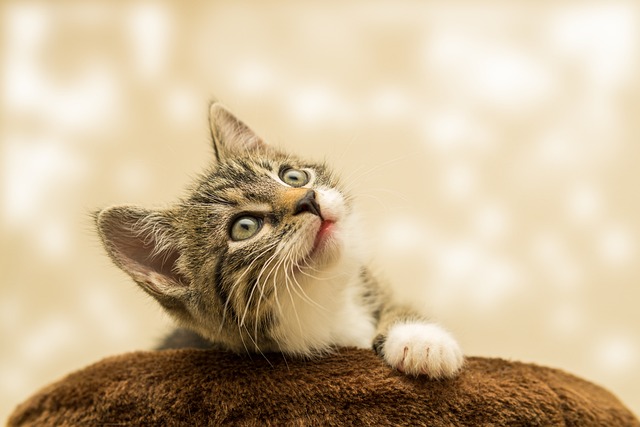The Best Foods for Senior Cats
As our feline friends age, their dietary needs can change significantly. Senior cats require a balanced diet that meets their specific nutritional requirements, which may differ from those of younger cats. In this article, we will explore the best foods for senior cats, highlighting key nutrients, ingredients, and considerations to help you make informed decisions about your cat’s diet as they age.
Senior cats are more prone to health issues such as kidney disease, arthritis, and obesity, making it essential to choose a food that supports their overall well-being. Look for high-quality, nutrient-rich foods that cater to their unique needs.
One of the most critical nutrients for senior cats is moisture content. Senior cats may have difficulty producing saliva or experiencing dental problems, leading to dry mouth and decreased appetite. A food with higher moisture content can help stimulate their appetite and reduce the risk of kidney stones.
Protein is another essential nutrient for senior cats. As they age, their protein requirements decrease, but it’s still crucial to provide a balanced mix of protein sources such as chicken, salmon, or turkey. Avoid foods with artificial preservatives, colors, or flavors, which can be detrimental to your cat’s health.
Fat content is also vital for senior cats, particularly those with arthritis or mobility issues. Omega-3 fatty acids, found in fish oil, can help reduce inflammation and promote joint health. Look for foods that contain a balanced mix of omega-6 and omega-3 fatty acids.
Cats are obligate carnivores, meaning they require a diet rich in animal protein. Avoid vegetarian or vegan diets, which may not provide the necessary nutrients for senior cats. Instead, opt for high-quality meat-based foods that contain named animal sources such as chicken, beef, or fish.
Fiber content is also important for senior cats, particularly those with gastrointestinal issues. A food with moderate to low fiber content can help reduce the risk of constipation and diarrhea.
Other key considerations when choosing a food for your senior cat include:
* Grains: Avoid foods with high grain content, as they can be difficult for older cats to digest.
* Additives: Be cautious of foods with artificial additives such as fillers, by-products, or excessive vitamins and minerals.
* Allergies: If your cat has food allergies or sensitivities, choose a food that avoids common allergenic ingredients.
By following these guidelines and choosing the right food for your senior cat, you can help support their overall health and well-being. Remember to always consult with your veterinarian for personalized dietary recommendations tailored to your cat’s specific needs.
Senior cats are deserving of the same care and attention as younger felines. By providing them with a balanced diet that meets their unique nutritional requirements, you can help ensure they live a happy, healthy life.
In conclusion, senior cats require a special diet that takes into account their age-related health issues. Look for foods rich in moisture content, protein, omega-3 fatty acids, and moderate fiber content. Avoid high-grain foods, artificial additives, and common allergenic ingredients. With the right food, you can help support your cat’s overall health and well-being.
Tags: senior cats, feline nutrition, cat diet, aging cats, joint health, arthritis, obesity

